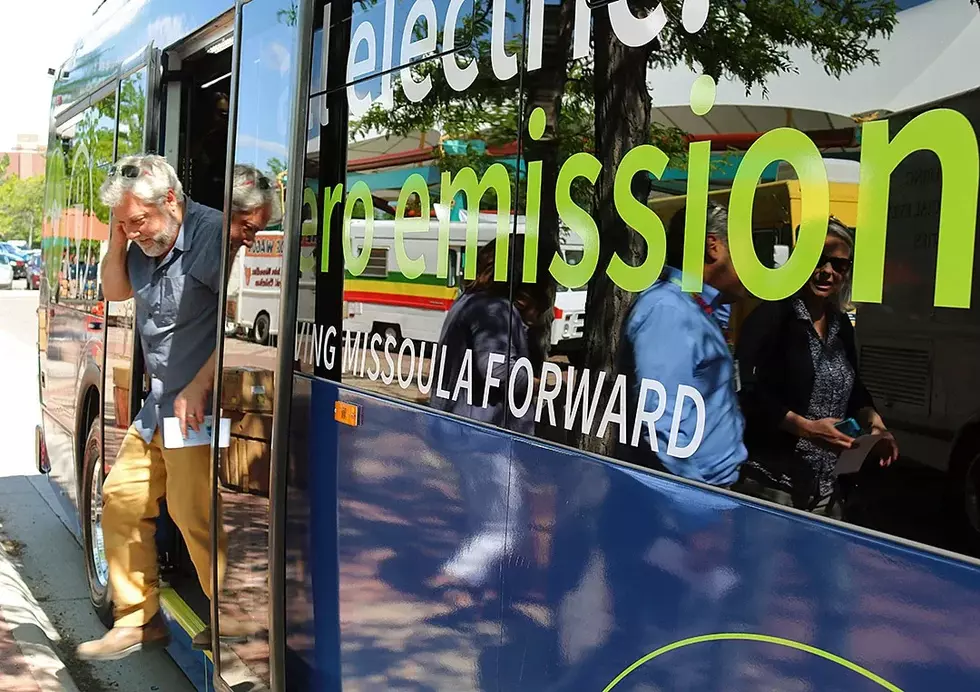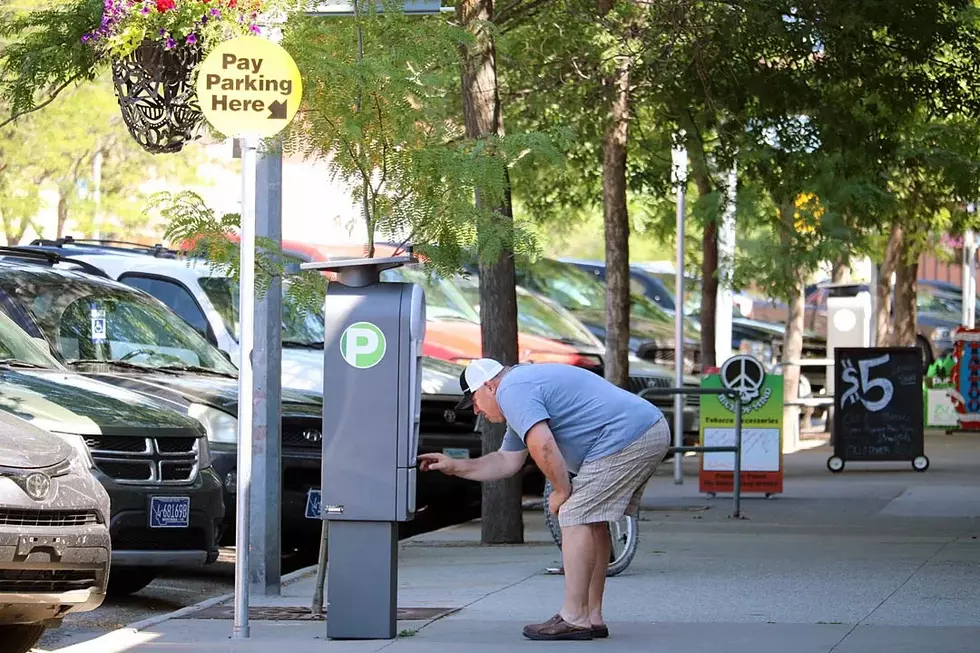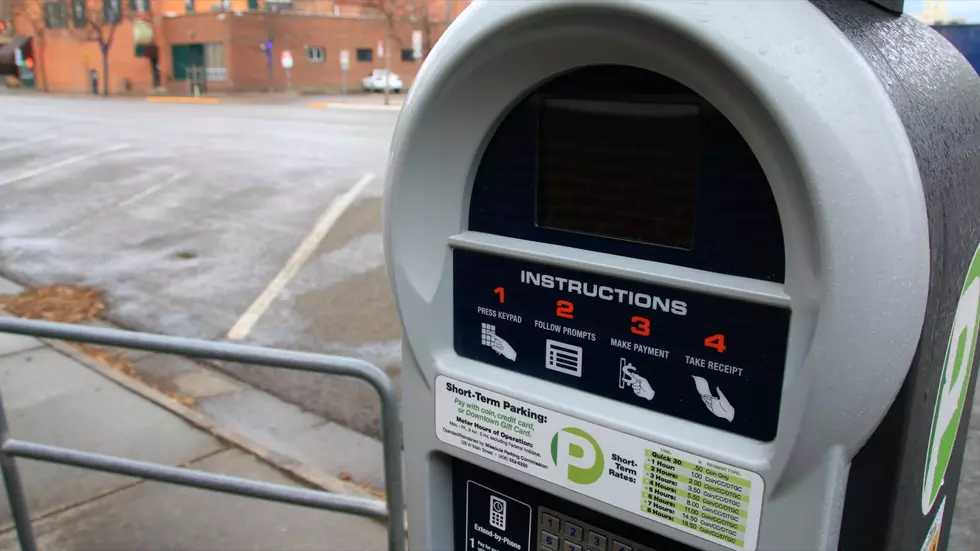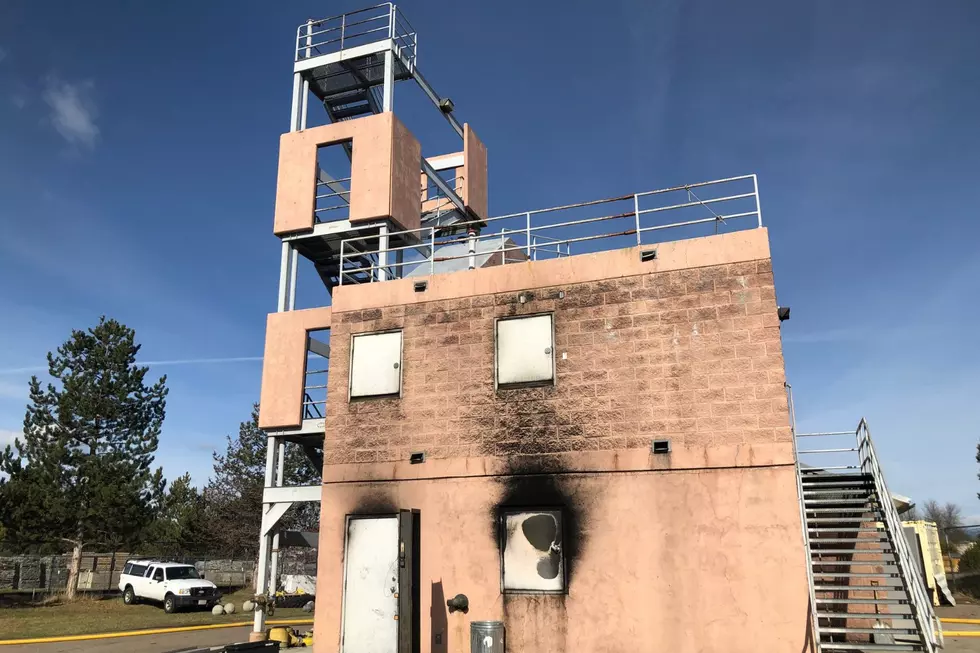City of Missoula General Fund Cash Balance Called Into Question
Questions have been raised about the City of Missoula's general fund cash balance over the past four years, and whether that balance may be endangering the city's bond rating.
The question was raised by Randall Kappes, who addressed the city council with his concerns on March 28th.
"Per the City’s Comprehensive Annual Financial Reports and Audit (CAFR), the Standard and Poor’s (S&P) rating agency recommends that the unassigned General Fund have a cash balance maintained at 7% of the General Fund’s budget. This is also a requirement the city adopted in its Financial Policy.
In the 2013 CAFR, the city administration stated the cash balance in the unassigned General Fund was close to meeting the 7% requirement, while the actual numbers show it was nearly $260,000 short. In the 2014 CAFR, the city administration stated the cash balance in the unassigned General Fund was meeting the 7% requirement, while the actual numbers show it was $947,000 short. In the 2015 CAFR, which came out just last month, the cash balance in the unassigned General Fund is now actually $1,300,000 short."
KGVO News spoke with Assistant Finance Director Leigh Griffing on Tuesday, who said the fact that the city has not been able to reach and maintain that seven percent number is not that much of a concern
“I don’t see it as a great risk at the moment,” Griffing said. “Standard and Poor’s is the ratings agency we’ve used on our last couple of general obligation bonds, and they know that this unassigned fund balance target is a goal of ours that has been somewhat fluctuating on a variety of economic factors that the city deals with.”
Griffing said the seven percent goal is not a requirement from the rating agency.
“Please keep in mind that this is an internally decided-upon target,” she said.
When asked if the city could face increased interest rates for future bonding issues is the situation does not improve, Griffing said, “Not at the moment. We do not see that.”
Griffing explained how the Mountain Water acquisition would work in the city’s financial plan.
“The water system would take out a loan to create the enterprise and purchase the system, and within that loan, bond, or whatever financing structure is entered into, would pay back the city’s general fund for those expenses that it has already paid,” Griffing said.
The highly publicized legal fees that have grown into the millions of dollars, Griffing said, would eventually be passed on to rate payers.
“The water system acquisition financing, which would include paying those legal fees, would be paid for by existing water user rates, as I understand it,” she said.
Griffing said, looking forward, she sees the city’s financial situation improving through increased growth in commercial development which would bring in more tax revenue.
“We do have on the city’s website in the development services department, reports on building permits that are happening in Missoula, and that has just been increasing month after month as we come out of the recession,” she said. “For instance, Community Medical Center went from being a not-for-profit to being a for-profit company subject to taxation, and that will be coming on the tax rolls. The new Stockman Bank that is coming to downtown, will also increase revenue for the city’s tax rolls, as well as whatever new business goes into the old Missoula Mercantile location.”
The Montana Supreme Court has taken the matter of the city versus Mountain Water under advisement, and will issue a decision in due course.
More From Newstalk KGVO 1290 AM & 98.3 FM









